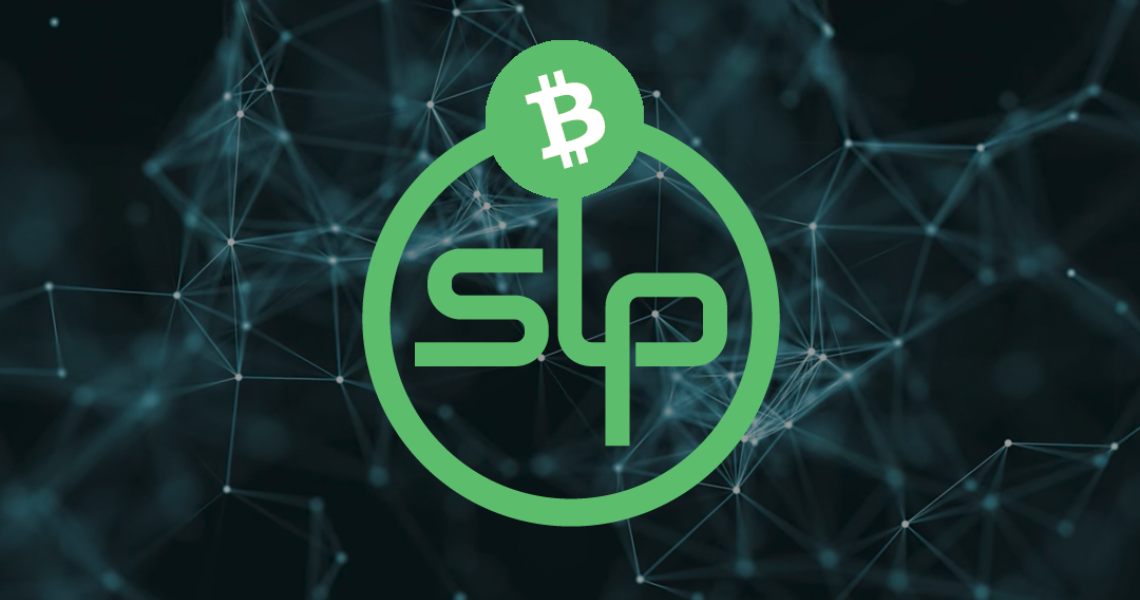The new open-source release of the SLP Indexer Server in Java, promoted by Bitcoin.com, was launched a few hours ago with the aim of facilitating scalability.
Verifying and organizing data on the Bitcoin Cash blockchain is now easier and faster.
This indexer is very useful for the management of multi-token wallets and for all those entities that will integrate SLP tokens into their core business.
Creating and transferring tokens with BCH becomes easier thanks to the SLP – Simple Ledger Protocol – born thanks to the reactivation of the script functions OP_RETURN.
The reason for the split that generated this chain was precisely a different approach to the developments that the Bitcoin blockchain should have followed.
The change made by Bitcoin’s core team compared to Satoshi Nakamoto’s paper represented a clear rejection of data storage on the blockchain. OP_RETURN creates a provably-prunable output, it allows the UTXO database to be used in several ways, including burning bitcoins or creating tokens.
While Ethereum was flourishing and the potential of the token economy was emerging, there were some in the BTC community who did not like the restrictive blocks imposed on the code and the exclusion of some features like OP-Return.
For this reason, Jihan Wu united – thanks to the client of the French Amaury Sachet – “forking” the code, which then generated BCH.
Keeping arbitrary data on the blockchain is still considered a bad idea by many, but it is much more efficient and economical to store it elsewhere. Whether developers choose to do it freely or not is at the heart of the discussion.
OP_RETURNs tend to allow infinite storage of data on the blockchain, something so dear to the other fork, BSV. Thanks to the Metanet concept, the community sees data storage as a possible killer application for the BSV blockchain.
While BTC and the core team defend the blockchain’s dominant position as a store of value and a purely financial transactional system, BCH experiments with the token economy by following Ethereum.
The storage and management of tokens on a blockchain offer greater transparency and integrity than traditional forms of asset management and trading. Digital currency for virtual games, licenses, digital media rights, discounts or even corporate actions can be tokenized.
Tokens on Bitcoin Cash can also be exchanged peer-to-peer without any intermediary, enabling a new type of decentralized digital marketplace on Bitcoin like the one already experienced with ICOs.
Simple Ledger Protocol makes this vision a reality by providing a simple, fast and liberating token system. SLP tokens can be easily created, exchanged and managed on the Bitcoin Cash blockchain in seconds, costing the user only a fraction of a penny for each transaction.
The advantages promoted by the BCH community with SLP are precisely related to the infinitesimal transaction costs compared to those seen for the Ethereum ERC-20 in the past. The competition is now getting tougher as ETH’s scalability is improved and the presence of many other competitors is pressing.
Bitcoin.com and Electrum Cash or Electron Cash have already developed an SLP wallet and many more will be added in the future.
New exchanges such as Cryptophyl entirely dedicated to SLP token trading are also emerging.



